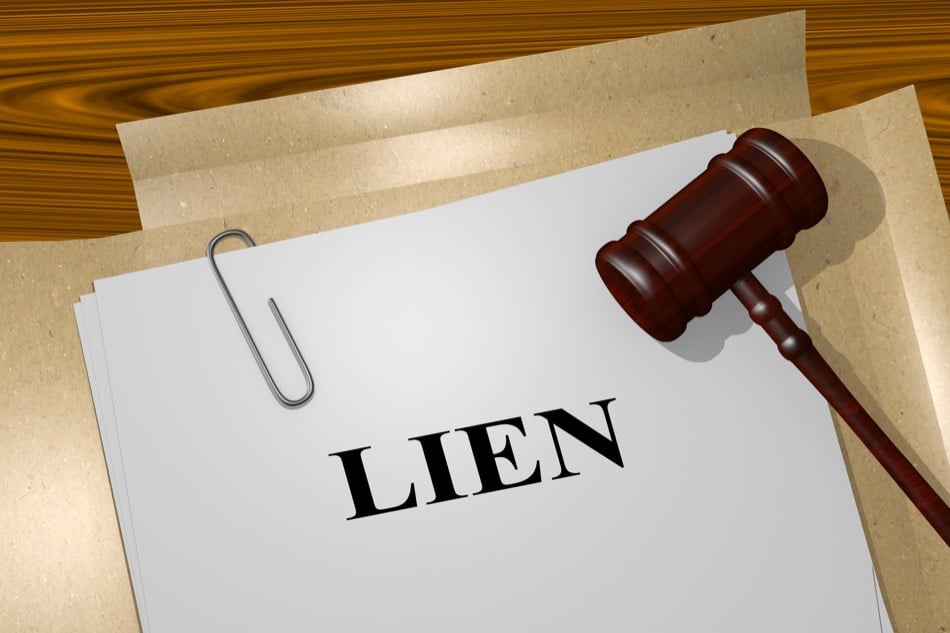
What You Should Know About Home Liens
 Most home sales complete without a hitch. However, in some cases, homes have liens attached to them that may prevent their sale. In most cases, home sellers are usually required to disclose if there are liens on their home and provide details of the arrangement. This is so home buyers can determine whether or not to move forward with buying a home. However, in some cases, home sellers aren’t always as forthcoming as they should be. The home owner may have forgotten about a lien or misunderstood the terms. Home buyers who want to discover more about the real secrets behind their potential property should keep the following facts in mind.
Most home sales complete without a hitch. However, in some cases, homes have liens attached to them that may prevent their sale. In most cases, home sellers are usually required to disclose if there are liens on their home and provide details of the arrangement. This is so home buyers can determine whether or not to move forward with buying a home. However, in some cases, home sellers aren’t always as forthcoming as they should be. The home owner may have forgotten about a lien or misunderstood the terms. Home buyers who want to discover more about the real secrets behind their potential property should keep the following facts in mind.
For informational purposes only. Always consult with a financial advisor before proceeding with any real estate transaction.
How Liens Work
A lien is ultimately a way for creditors to own a stake in the property. If the owner fails to pay their debts, then the creditor has the means to go after the money through the value of the property. There are two major types of liens for buyers to know:
- Voluntary lien: In the case of a voluntary lien, the seller has worked with a creditor to determine the terms of the line of credit. A mortgage is technically a type of lien, one that most homeowners are well familiar with. Voluntary liens have nothing to do with whether or not the title can be smoothly transferred from the seller to the buyer.
- Involuntary lien: This type of lien is placed on a home when homeowners are unable to take care of their other financial obligations. For instance, if they can’t pay their property taxes or child support. In some cases, parties need an official ruling from a judge to put a lien on a home. In others, sellers may receive no notice at all.
Paying Off Liens
When debts are paid in full, the creditor or collector has no further claim on the home so liens should be released. In some cases, the seller is supposed to ensure the release of the lien. (A lien release has to be notarized for the county recorder to accept it.) In others, the onus is on the creditor. The problem is that not all sellers understand this obligation and not all creditors remember to take the lien off the property, causing confusion and doubt for all parties.
Minneapolis home sellers may worry they didn’t meet their obligations, while buyers may worry the seller is specifically trying to keep information from them. Titles can still technically be transferred even if there’s an active lien on the property, but this is a very dangerous move to make. Any lender worth their salt would immediately deny the purchase if they think that a creditor will turn up in a month or two demanding the sale of the home.
Searching for Liens
A title company will search for home liens during the home buying and selling process. However, home buyers who want to explore liens before the title company does can take matters into their own hands and investigate any lien history for themselves. A lien is a public record, so the county recorder or the assessor’s office is a great place to start. Buyers can search for liens online, but they may want to visit the local office in-person just in case the information isn’t up to date. All a buyer needs is the name of the owner and the property address to gather the data. If the seller has any kind of voluntary liens, remember that this is may not be a deal-breaker in the sale of the home. Once the seller pays off their debt at closing, the lien will be immediately removed.
Buying Title Insurance
The above information is great for a home buyer to have before they buy because it can drastically reduce the odds of buying a home with a lien on it. However, there’s always a chance that someone, somewhere could have missed something. Title insurance is something a homeowner can buy to protect themselves should this happen. It’s essentially an extra precaution that homeowners can take so they aren’t held financially liable for someone else’s mistakes. Homeowners can also file a lawsuit against the seller of the home, but it’s not a guarantee that the owner will be repaid. It may be difficult to track down the seller, or they may not have the assets to repay the debt.
Buyers are highly encouraged to work with their real estate agent, escrow company or title company to investigate if any property they are considering buying has a lien history. In that way, the property can properly transfer to new owners without any lien attachments.
For informational purposes only. Always consult with a financial advisor before proceeding with any real estate transaction.



